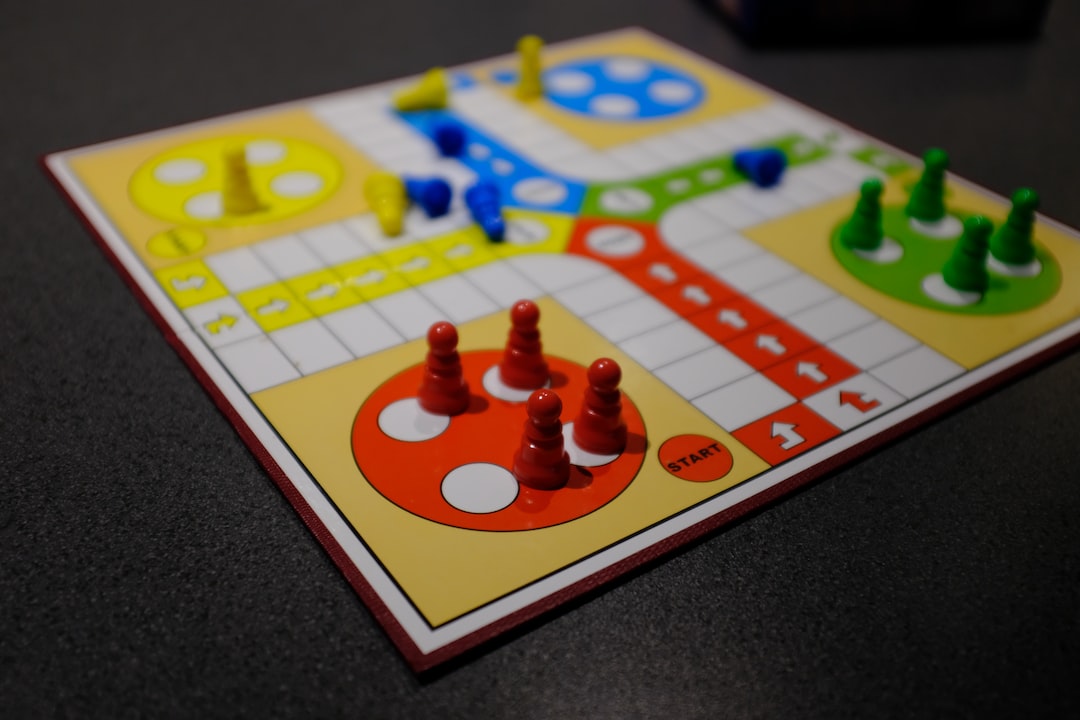Gaming in Pop Culture: How Video Games Have Shaped Movies and TV Shows
In recent years, the world of gaming has exploded in popularity, becoming a significant part of mainstream culture. Video games have not only captivated audiences around the globe but have also influenced other forms of media, particularly movies and TV shows. This interplay between gaming and pop culture has resulted in a fascinating dynamic, with video game-inspired narratives and characters making their way onto the big and small screens.
One of the most apparent ways in which video games have shaped movies and TV shows is through their influence on storytelling. As video games have become more sophisticated, the narratives they offer have become more immersive and complex. Game developers have learned how to create engaging and interactive stories that captivate players for hours on end. This newfound emphasis on storytelling has translated into the world of movies and TV shows, with filmmakers and showrunners recognizing the power of interactive and engaging narratives.
Take, for example, the rise of video game adaptations. In recent years, we have seen numerous movies and TV shows based on popular video games, such as “Assassin’s Creed,” “Tomb Raider,” and “The Witcher.” These adaptations aim to translate the interactive and immersive experience of playing a video game into a passive viewing experience. By borrowing elements from successful video game franchises, these adaptations tap into the existing fanbase and offer a new perspective on beloved characters and stories.
Furthermore, video games have introduced countless memorable characters who have made their way onto the silver screen. Iconic video game figures like Lara Croft from “Tomb Raider” and Master Chief from the “Halo” series have become beloved household names, transcending the gaming world and finding a place in movies and TV shows. These characters have proven their ability to resonate with audiences, and filmmakers and showrunners understand the value of harnessing their popularity.
Beyond the influence on storytelling and characters, video games have also inspired new visual aesthetics in film and television. The stunning graphics, unique art styles, and imaginative worlds found in video games have led to an increased focus on visual design in movies and TV shows. Directors and cinematographers have embraced the vibrant and creative visuals of gaming, incorporating them into their own projects. This confluence of styles has resulted in a visual language that blurs the distinction between video games and traditional forms of media.
Finally, the impact of video games on the pop culture landscape can be seen in the rise of e-sports and streaming platforms. Gaming has become a spectator sport, with millions tuning in to watch professional gamers compete in tournaments. This cultural shift has not gone unnoticed by the entertainment industry, with streaming platforms like Twitch and YouTube Gaming gaining tremendous popularity. Movies and TV shows have also started featuring e-sports and gaming as central themes, reflecting their increasing significance in society.
In conclusion, video games have had a profound impact on movies and TV shows, shaping the narratives, characters, visuals, and even the ways we consume media. The gaming industry’s emphasis on interactive storytelling has influenced filmmakers and showrunners, resulting in adaptations and original content that aim to capture the immersive experience of playing video games. Additionally, memorable video game characters have found their way onto the screens, becoming cultural icons in their own right. Furthermore, the visual aesthetics of video games have inspired a new approach to visual design in the film and television industry. Lastly, the rise of e-sports and streaming platforms has cemented gaming’s place in pop culture, furthering the interplay between video games and other forms of media. As the gaming industry continues to evolve, it will undoubtedly leave an even more significant mark on the world of movies and TV shows.
